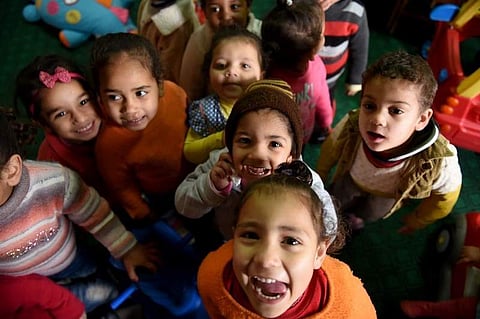

With roughly 23 of every 10,000 children in the country having autism, a call has been made for the need for parent training for prognosis, intervention and progress of the autistic kid.
“According to the first rigorous estimate of the country's autism prevalence, roughly 23 of every 10,000 children in India have autism. Studies also point out that there is a dramatic increase over the rate estimated a decade ago. Hence, parent training is very crucial for intervention as studies show that when both mother and father involve and participate in the child’s progress through the developmental ladder, it leads to better prognosis,” Deepa Malini, a developmental therapist of Autism and Beyond Centre, has said.
In a press statement issued on the eve of World Autism Awareness Day observed on April 2, she said the cause of the increase, like the cause of autism in general, is still unknown.
"A great deal of research supports genetic factors. Immunological, metabolic, and environmental factors are also believed to play a role. However, no single cause has been definitely shown to produce the disorder. Autistic individuals are far different in their developmental milestones. Our focus should be on recognising and building on those milestones first, before hitting on academics,” she said.
A neuro-typical (non-autistic) baby, she explained, smiles at its parents, coos and turns head towards the sound at 2 months. At 6 months, it shows curiosity and tries to reach for toys. Around 1 year, the child is able to copy gestures and is shy or anxious with strangers. And at 3 years, it is able to participate in a simple pretend play, shows affection for friends and so on. With help in attaining these developmental social milestones, autistic children, young adults and even adults can follow the developmental progression approach that leads to enjoying relationships and engaging in meaningful communication.
"The sooner the signs of autism are spotted, the better the intervention will be and greater the chance of facilitating the foundations for healthy relating, communicating and thinking. At this point they can successfully learn and participate in the community,” Malini said.
